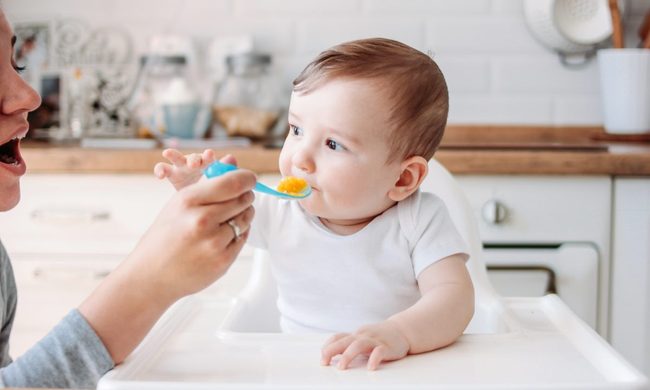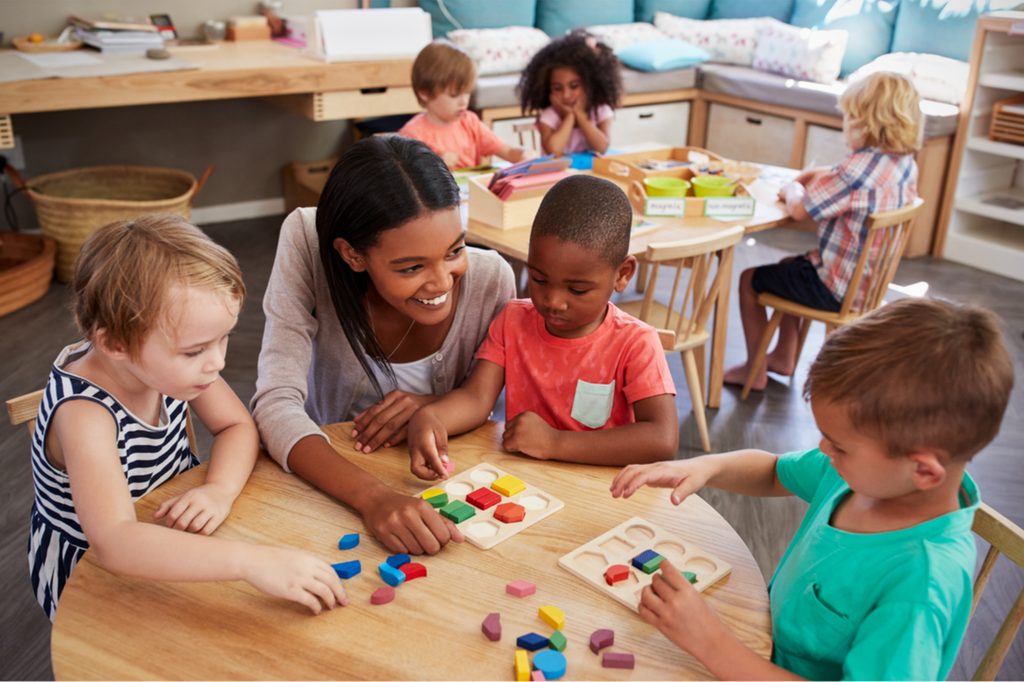
Starting school is one of the biggest milestones for our children. Parents are as nervous as the kids about walking through the doors for the first time. While we wish we could stay with our kids in the classroom, they have to start kindergarten alone.
We know schooling has changed so much since we raised our hands to answer a question, but the foundation is the same. What do kids learn in kindergarten? This is what children learn as they start their academic career and how you can prepare them for their first day and beyond.
Basic kindergarten standards
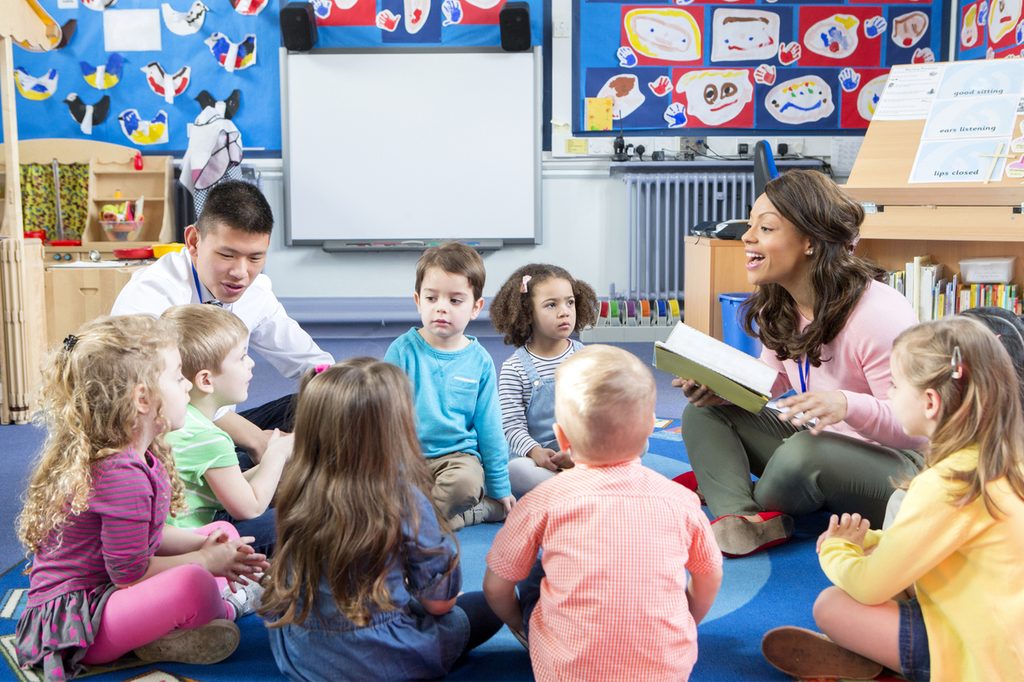
What a child will learn in their first full year of school looks different from state to state, and if you go to public or private school. Here are the basics your child should have down for kindergarten, no matter where you are or where they go.
The rundown of what a kindergartener should learn
- The alphabet, letters, and phonics
- Counting
- Adding and subtracting
- Motor skills
- Social and behavioral skills
- Shapes and sorting by classification
- Sight words
- Telling time
- Days of the week, months of the year, and the seasons
- Basic literacy and language arts
- Emotional development
Kids take basic classes like art, science, gym, history, math, social studies, and English. That hasn’t changed much. For kindergarteners, those classes are more about learning the fundamentals they will carry throughout their future schooling years.
What will a kindergartener learn?
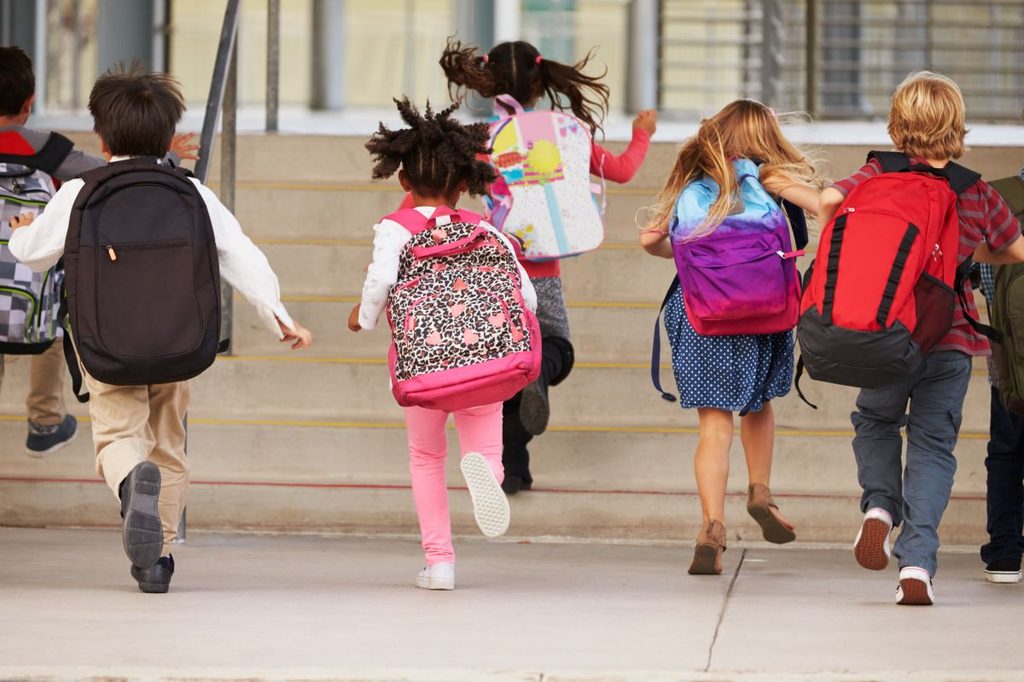
What do all of those topics mean for a child 5 to 6 years old? Let’s break them down a bit.
The alphabet, letters, and phonics
Do you still sing the alphabet song when you have to put something in alphabetical order? We do, too. We learn the alphabet in kindergarten, and the song becomes a part of our DNA. Kids will learn their letters, how to write them in lower and upper case, and how to sound them out.
Sight words, reading, and writing
Once letters are mastered, children will learn sight words. These are easy words to know until they move on to harder ones. Learning sight words is a bridge to a child reading, and by the end of the year, your kiddo will read you the bedtime stories.
As a child gets the hang of all that, writing is taught at the same time. From letters to their name, handwriting is there at every step.
Counting, adding, and subtracting
The Count from Sesame Street may have already taught your child numbers, but they will understand how to count up to 100 (or higher) in kindergarten. When counting has stuck, addition and subtraction are layered in.
Emotional development, social and behavioral skills
While your child should know how to use the bathroom before they enter school, they may need help with self-awareness. Being able to follow reasonable rules and how to work well with others in class while maintaining their boundaries will be kindergarten milestones.
How to tell time, know the days of the week, and recognize shapes are some of the additional standard facts kids will learn in their first year of school. The different kinds of money and coins, various animals, the planets (we can’t speak on Jupiter), and the types of weather are lessons your child will come out of kindergarten understanding.
How to help get your child ready for kindergarten
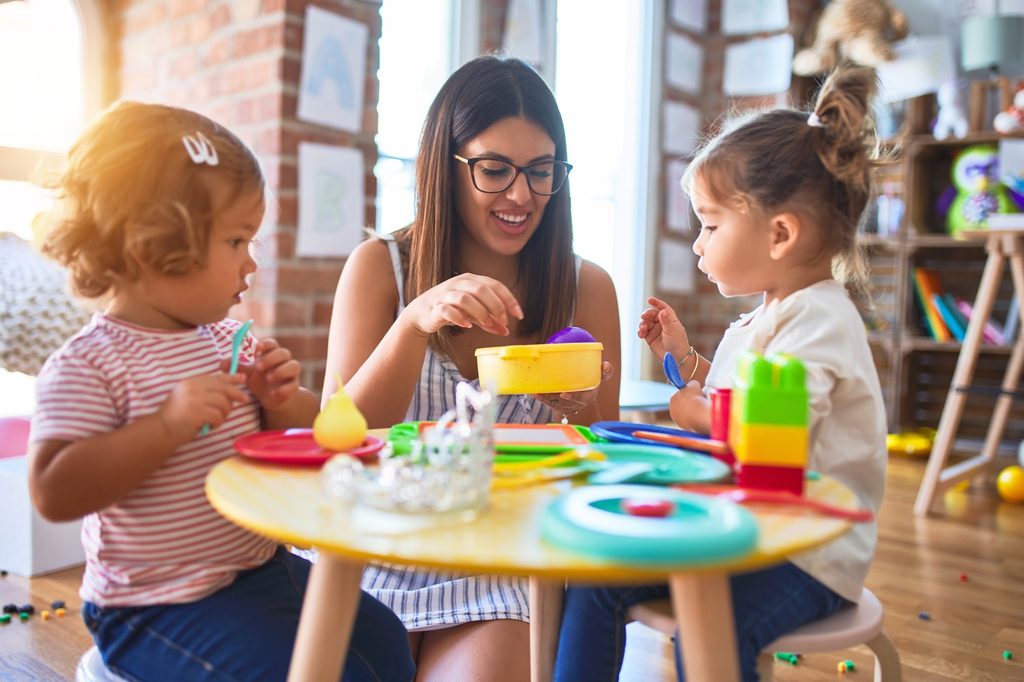
You don’t have to have a degree to get your child ready for school. Spending a few minutes each day on kindergarten readiness markers will do the trick.
Work with your child to grasp these concepts
- Practice tasks like taking shoes on and off, tying laces, and buttoning and zipping clothing.
- Show your child how to take care of their hair and keep it out of their face.
- Read to your child every day.
- Sign your child up for free online educational games and websites.
- Register your child for free classes at the library.
- Encourage your child to draw, scribble, and write.
- Talk to your child about everyday things.
Think about a typical day at school. Your child will run around, use the bathroom, get their lunch ready and opened, rearrange clothing pieces, and be around other children. Take each task and break it down into mini teachable moments, and your child will thrive in school.
For socialization and to get a jumpstart on things like the alphabet and numbers, sign them up for STEM classes at the library (they are usually free) and look online for amazing free websites that are purely educational. For fun, exercise, and socialization, take them to the park as often as possible and events at the library where they will be around children their age.
Parents feel the pressure to make sure kids are ready to start kindergarten more than ever these days. They want their children to know enough not to fall behind, but to make sure they also have fun learning the whole year. What do kids learn in kindergarten? For a young child, it’s a lot of information to take in during only one school year. Help your child feel confident to raise their hand and for you to know they will have the best time creating memories in this next adventure. We all remember our kindergarten teacher — and your kiddo can’t wait to meet theirs.


